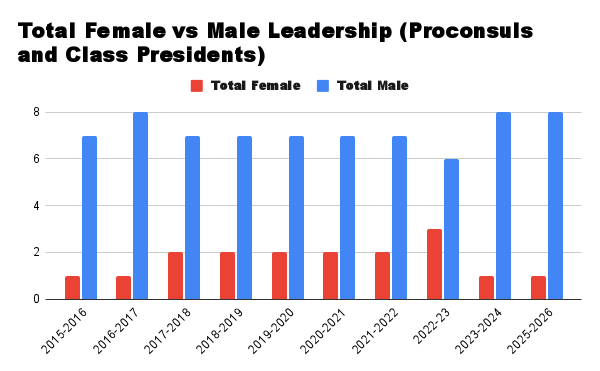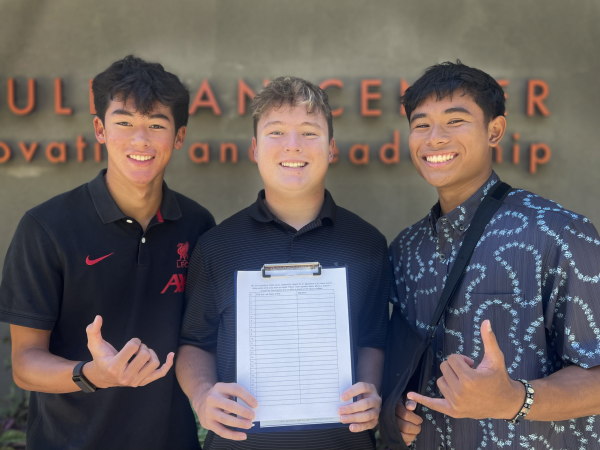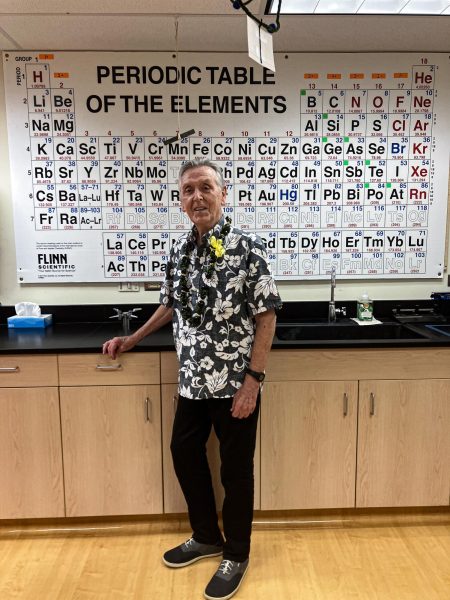The Effects of Quarantine on Nature and the Real Stories versus the Fake Ones
Tweets have stirred up fake information about animals rebounding in the Yunnan province in China. The tweet read “While humans carry out social distancing, a group of 14 elephants broke into a village in Yunnan province, looking for corn and other food. They ended up drinking 30kg of corn wine and got so drunk that they fell asleep in a nearby tea garden.” This tweet is not entirely false as elephants often wander through the province but factually the elephants did not get drunk nor pass out in a tea field. The exact source of the photos of the elephants in a field is not known which discredits the person who tweeted this.
There have also been reports of dolphins and swans returning to the canals of Venice. It was tweeted by Kaveri Ganapathy Ahuja and read “Here’s an unexpected side effect of the pandemic, the water flowing through the canals of Venice is clear for the first time in forever. The fish are visible, the swans returned.” Ahuja lives in New Delhi, India, which is over 3,500 miles away from Venice, Italy which raises a question: How can Ahuja be sure about the authenticity of these images and claims if she lives so far away? The answer is simple: she cannot. As a result, the tweet featured pictures of swans swimming in the canals of Burano, Italy which is a small island in Venice’s greater metropolitan area. The images used in the tweet were also found off of social media by Ahuja and she decided to put a tweet together without fact-checking first.
Another viral story that circulated around social media stated that dolphins had returned to the canals of Venice. Following the pattern of the other stories, this one was fake as well. The dolphins filmed in the viral video were said to be in Venice. However, they were actually recorded in a Mediterranean port in Sardinia which is about 488 miles away from Venice.
The fake stories about nature returning to populated or damaged areas can be disheartening but not all of them are made to be viral. Hanauma Bay on Oʻahu has been closed to visitors since March 26 due to the coronavirus. The only people who are allowed into the bay are small teams of scientists. Among these scientists is Dr. Kuʻulei Rodgers who works at the University of Hawaiʻi at Mānoa as the principal investigator at the Coral Reef Ecology Lab. Rogers reported to the Star-Advertiser that the water quality improved since the bay was closed and was 30% clearer. The water quality is normally best by the end of the bay where there is little human activity due to choppy waters. Bigger fish often stay around Witches Brew, an area by the Ewa end of the bay where coral grows horizontally in cracks as well as on vertical surfaces. Here two and a half feet Caranx hippos (papio or jacks) venture ever closer to the shore and even come within hands reach.
Rogers believes that the coral in the bay will recover if people are reintroduced gradually. The bay’s coral was heavily damaged by a bleaching event in 2014 as a result of warming oceans. Some groups are recovering, showing healthy color and scientists monitoring the coral say that new coral polyps are attaching to existing coral.
Social media has spread this misinformation much further than before because many desire virality and will post anything to get it. Paulo Ordoveza, a web developer and an image verification expert, says that people crave the euphoria that posting and getting many likes gives. Erin Vogal is a social psychologist and postdoctoral fellow at Stanford University. Vogal expressed to National Geographic that social media gives people a self-esteem boost, one that is crucial during the pandemic as people are feeling lonelier. Since people do not want to feel bad, they cope by posting something that will get attention no matter the veracity. This can perpetuate the problem of misinformation. We see the same kind of effect when fake news is spread by people over social media about presidential candidates and elections. This kind of fake news may seem different but both, whether it is obvious or not, have negative effects on people who believe in them.
Here is some good advice: do not believe everything that you see on social media. Some information is true but there are a lot of people just looking for views and likes. There are also a handful of people that spread misinformation for monetary reasons and create fake news articles about anything from swans in Venice to false information about politicians. In order to make sure these articles do not reach more people, think before you post something that could be misleading. Also, if we want to make improvements in nature after the COVID-19 pandemic wanes, we have to see what the real problems are such as warming oceans. We need to make sure that false information does not slow the efforts to reverse the growing problems because it only worsens them.








